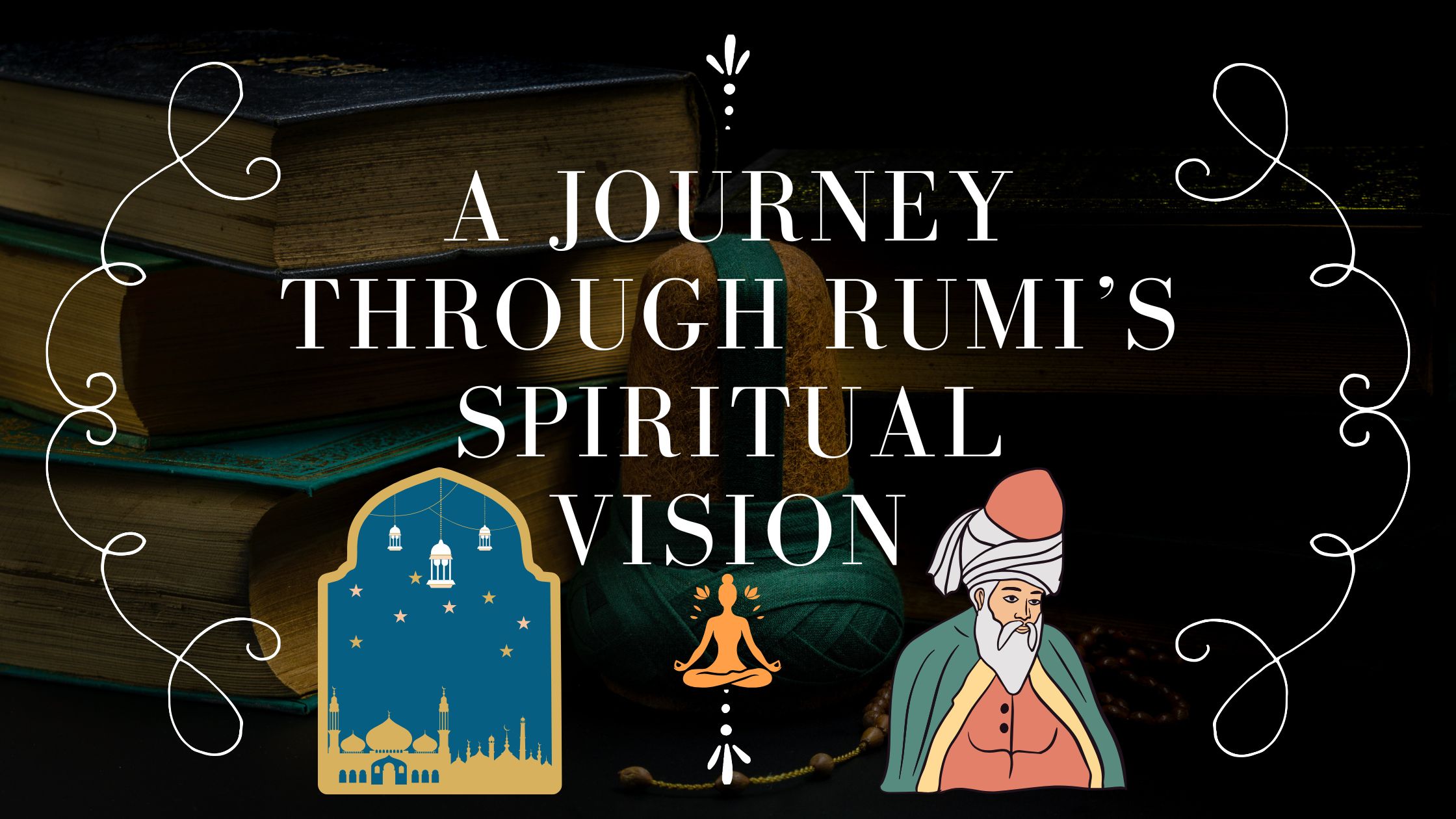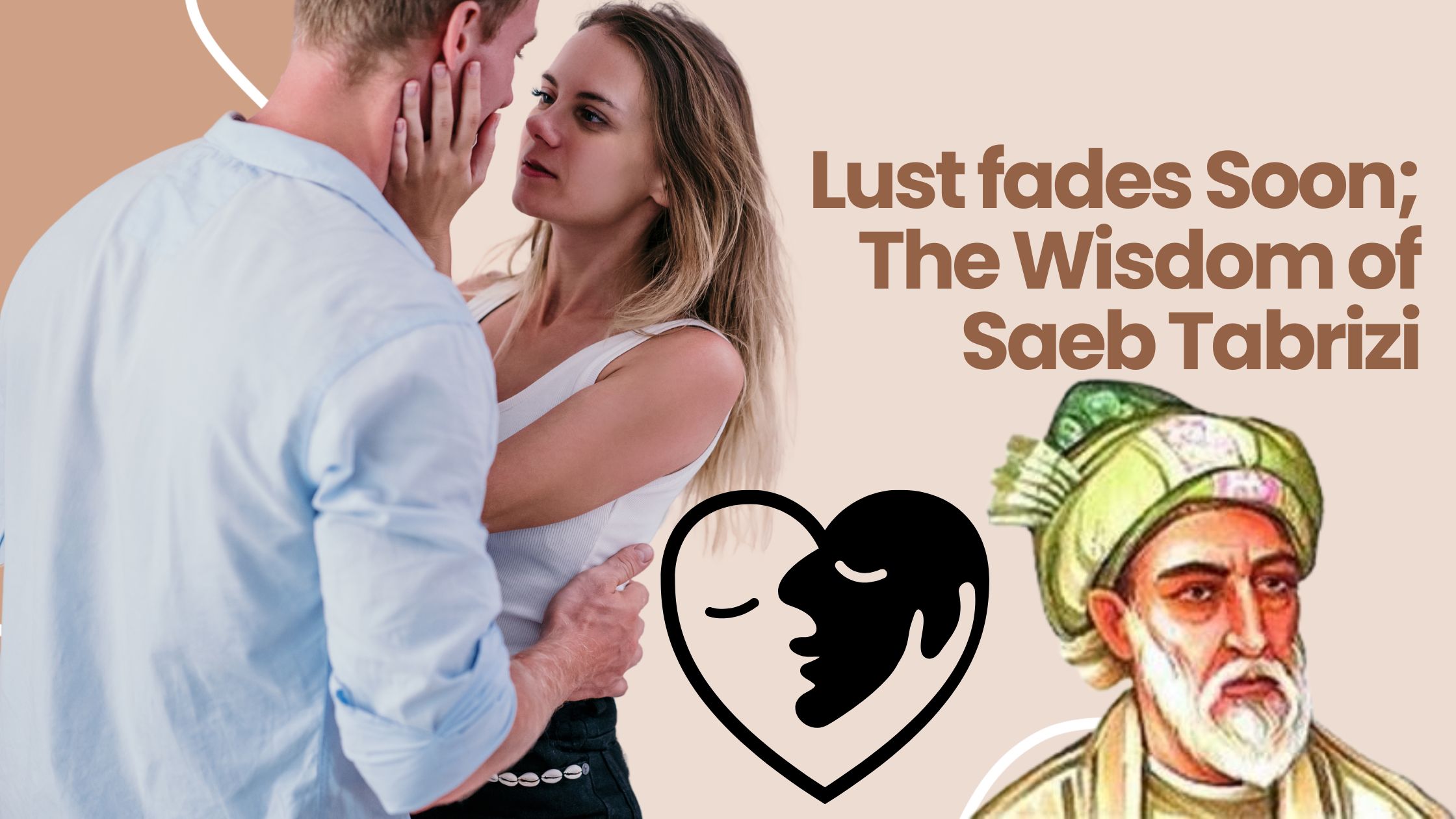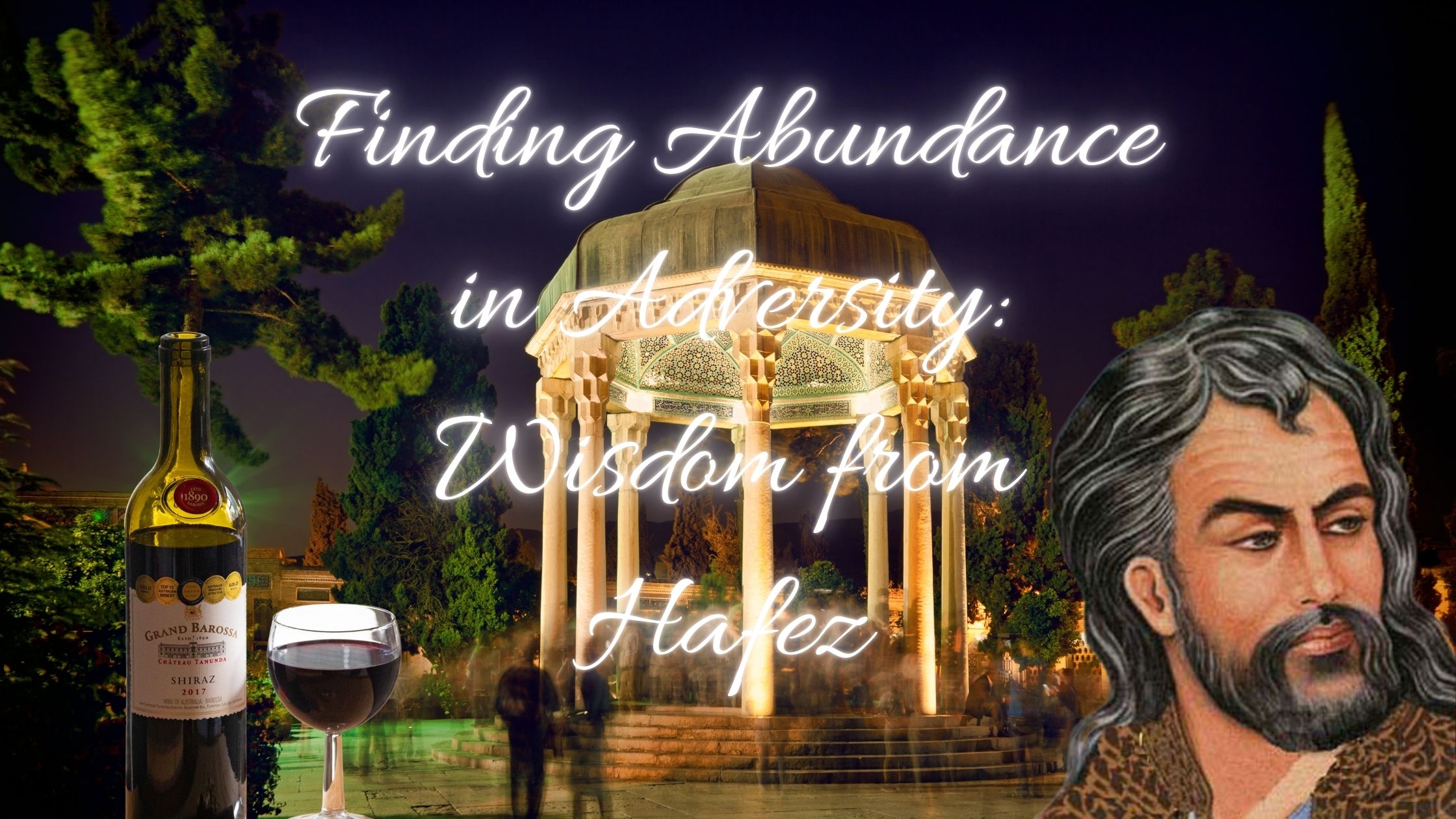Rumi’s poetry has a unique ability to pierce through the layers of human existence, illuminating the spiritual struggles that define our lives. This poem reflects his deep engagement with themes of inner purification, devotion, and the eternal search for divine truth.
Translation of Rumi's Poem
Original Persian:
گر آبت بر جگر بودی دل تو پس چه کاره ستی
تنت گر آن چنان بودی که گفتی دل نگاره ستی
... (Selected stanzas translated below for brevity)
Translation:
If water rested gently on your liver, what purpose did your heart serve?
If your body was as pure as you claimed, why is your heart still a mere ornament?
If the heart labored in the workshop of love,
Why do you complain of boredom and ask, "What is my purpose?"
Treasure Ramadan before Eid arrives,
And if Eid were within your grasp, you’d rise above sorrow.
When light comes from devotion, darkness follows sin,
Know, the poor heart is in dire need of care.
If this heart didn’t need devotion, poor as it may seem,
Beyond faith and disbelief, it would always seek clarity
The Essence of the Poem
In this poem, Rumi intertwines the sacred practice of fasting with profound metaphors about the human soul. He invites readers to reflect on their inner lives and asks critical questions:
- What is the role of the heart in your spiritual journey?
- How do your actions align with your declarations of faith?
- Are you using fasting as a transformative tool, or merely as a ritual?
Themes in the Poem
1. The Role of the Heart in Spiritual Growth
Rumi opens the poem by questioning the heart’s purpose. If the body is sustained and purified, what does the heart achieve? This metaphorical interrogation urges readers to go beyond superficial practices and engage deeply with their spiritual essence.
2. The Significance of Ramadan
Rumi emphasizes the importance of Ramadan as a period of self-reflection and spiritual renewal. He warns against wasting this precious time, likening it to a treasure that must be cherished before Eid, the culmination of fasting, arrives.
3. Devotion vs. Hypocrisy
Through vivid imagery, Rumi contrasts true devotion with empty rituals. A heart that is truly engaged in the “workshop of love” will not fall into despair or monotony. He challenges us to examine the authenticity of our faith and the sincerity of our actions.
4. The Inner Battle
The poet uses metaphors of light and darkness to illustrate the constant battle between devotion and sin. He reminds us that the heart, though fragile, is in constant need of healing and care.
Fasting as a Spiritual Weapon
One of the most striking metaphors in the poem is that of fasting as a “catapult” to destroy the “fortress of darkness.” Rumi encourages readers to see fasting not just as abstention from food but as a powerful weapon against the ego and material desires.
“If you wield the catapult of fasting,
You can bring down the fortress of disbelief and darkness.”
This imagery elevates fasting from a mere religious obligation to a transformative spiritual practice.
The Timeless Relevance of Rumi’s Words
Even in today’s fast-paced world, Rumi’s teachings on inner reflection and spiritual growth resonate deeply. His emphasis on sincerity, self-purification, and devotion serves as a reminder that rituals should lead to transformation rather than remain empty gestures.
Practical Takeaways from the Poem
- Fasting Beyond Food: Reflect on how fasting can purify not just the body but also the mind and soul.
- Authentic Devotion: Engage your heart in your spiritual practices, ensuring they are not just mechanical routines.
- The Battle Within: Recognize the inner struggles between light and darkness, and strive to conquer the ego.
Final Thoughts
Rumi’s poetry transcends religious boundaries, offering wisdom for seekers of truth in every tradition. This poem, centered on fasting and devotion, is a powerful reminder of the transformative potential of spiritual practices when they are approached with sincerity and love.
How do Rumi’s reflections on fasting and the heart resonate with your personal experiences? Share your thoughts in the comments below.
Would you like to explore more of Rumi’s insights, or dive into the works of other Persian poets? Let me know, and we can embark on this literary journey together!





